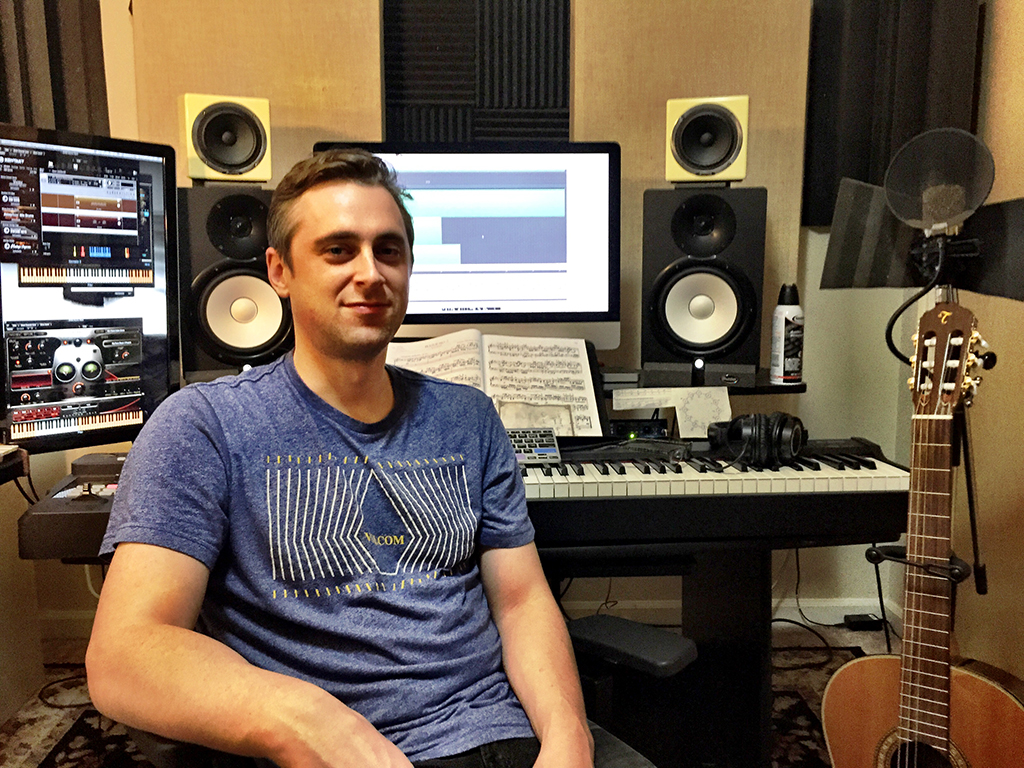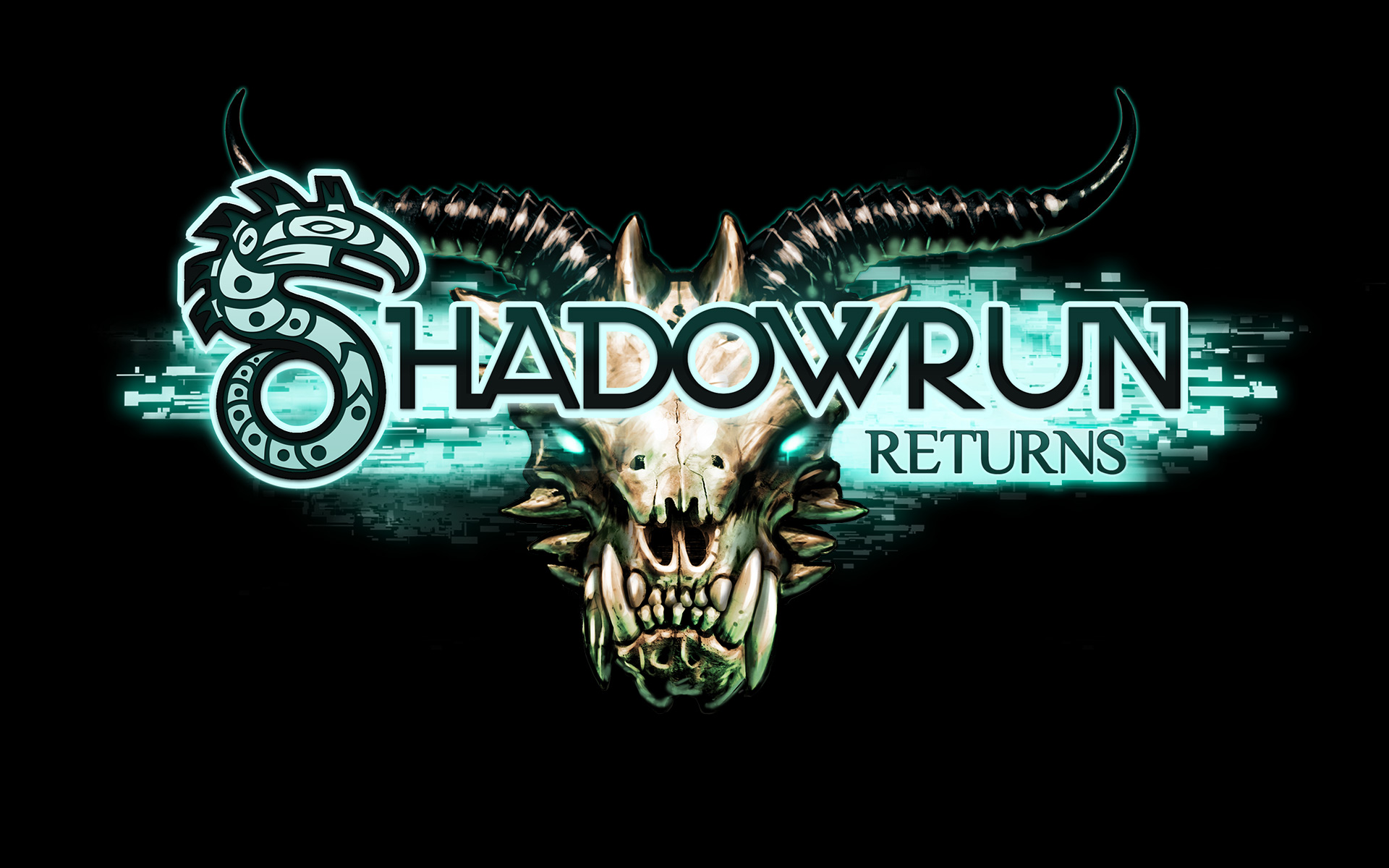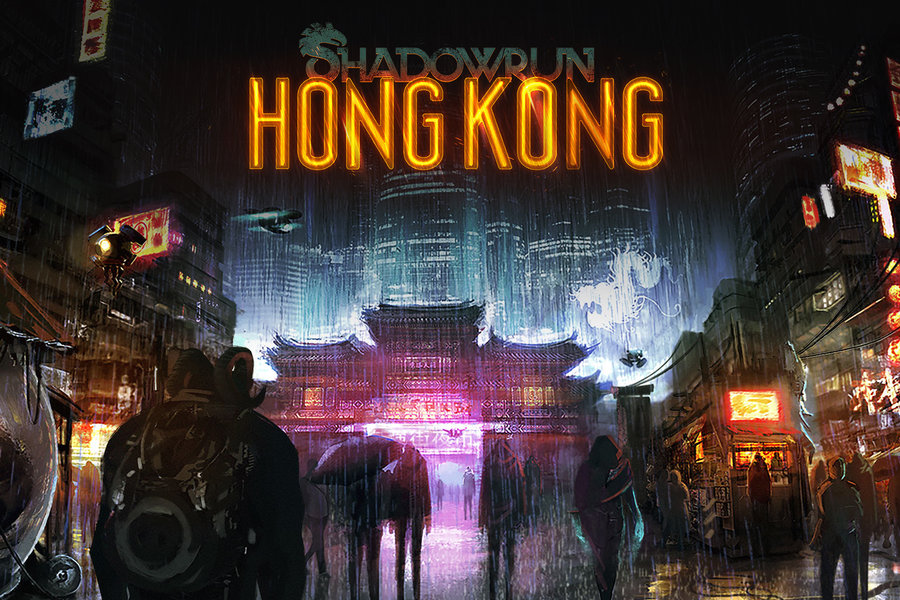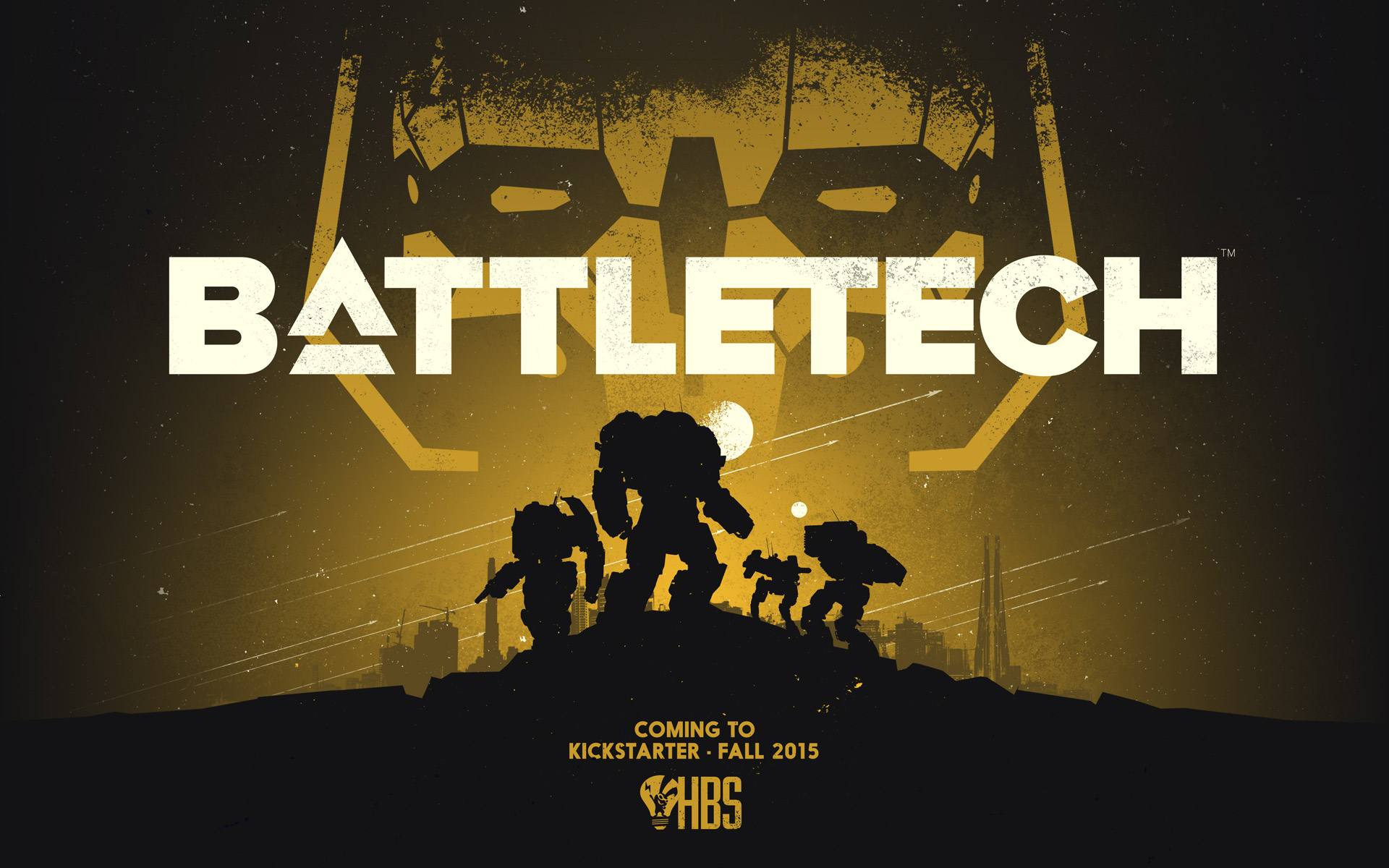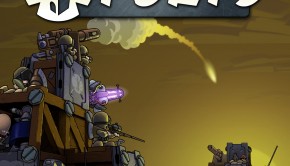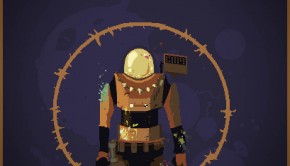Jon Everist Interview: Music and Sounds of Cyberpunk
Jon Everist is the audio director and composer of Harebrained Schemes, a Seattle-based studio behind projects such as Shadowrun: Hong Kong, BattleTech, and Necropolis. His recently-released Shadowrun -Hong Kong- Original Soundrack won wide acclaim for its beautiful blends of cyberpunk and traditional sounds.
In this extensive interview, Everist talks about his musical background, journey, and influences, before discussing in detail the making of the music and sounds of Shadowrun: Hong Kong. It will be an inspiring read for fans and newcomers to Everist’s work alike.
Interview Credits
Interview Subject: Jon Everist
Interviewer: Chris Greening
Editor: Chris Greening
Coordination: Chris Greening
Interview Content
Chris: Many thanks for talking to us today, Jon Everist. First of all, can you tell us about your musical background? What led you on the path to becoming a video game composer?
Jon Everist: Thanks for having me! Big fan of VGMO and it’s pretty surreal to be getting an interview. I’ve been making music since I was pretty young but wasn’t classically trained until I was much older. In a way, I think this has served me well. I grew up learning music by ear only, so when I received formal training it felt like learning to write a language I had grown up speaking. As a kid, I went from banging pots and pans in the kitchen to band class and destroying drums in my basement. I remember when Final Fantasy III (US) for SNES came out in 4th grade and it blew my mind.
I was obsessed with music and sound in general and regularly recorded myself playing instruments I made or my own voice. Basically just being a weird and curious kid. By middle school in the 90’s I had discovered electronic music and underground hip hop, which was a huge influence. I didn’t grow up with a lot of money, so I worked at a grocery store to save and buy anything I could to help me make music. I got an ASR-10 sampler keyboard and I think my fate was sealed right then and there. After that I was in bands producing and writing music through High School and college, but I never thought I could make a living off of it.
Chris: How did this eventually change?
Jon Everist: After I graduated college with a ‘safe’ (useless) degree in Economics, I got a cushy job at an infamous Seattle tech company, and hated it. I continued this route for a few years learning and producing music on the side… and then FEZ came out. I remember listening to the score and thinking “wow, music in indie gaming just keeps getting better and more interesting… maybe I could do that?”. So I did.
I left my job and went back to school for 2 years to study music and was lucky enough to study under the amazing pianist and composer, Bruce Stark. He was a big influence, and helped me gain confidence in my ability and ear. I had some anxiety about not being classically trained as a young kid, so working with ensembles and large orchestras seemed well out of my comfort zone. Having a mentor who had confidence in my abilities and who had been through Juliard and worked with large orchestras really set my anxiety free.
I worked a lot as a composer for student games at DigiPen, which is where I met loads of really cool and talented people who were getting into the industry. Jenn Tran, an artist there, ended up leaving school to accept a role at Harebrained Schemes. Luckily for me, she liked my work and mentioned me in a meeting, which is where I got my first real gig doing a trailer for Shadowrun Returns. It all kind of snowballed from there.
Chris: You mentioned Final Fantasy VI. What other artists, albums, and soundtracks have most inspired you and why?
Jon Everist: Depending on the project, I borrow from an eclectic mix of musical tastes. I find myself drawn to more modern composers like Ravel, Stravinsky, Bartok and Sibelius. More recently I’m digging the work Pierre Boulez has done, though I wouldn’t call a lot of post-modern music ‘pleasant’ to listen to all the time. I can’t get by without referencing Bach at some point, I never fully understood the obsession with Bach until I started formal training… he really is a music god. I think my ear is drawn to romantic and modern composers mostly. I can’t get by without referencing Chopin, Schumann (don’t forget Clara) and Beethoven for that matter. My background also draws inspiration from electronic artists like Aphex Twin, or hip hop artists like MF Doom. Radiohead is also an influential band to me.
In the gaming world, I mentioned FEZ before, which was a very interesting score to me. Disasterpeace is also a really friendly dude too, and was really cool to me and helpful when I was just starting things out. Austin Wintory’s work on Journey was very lovely. I also found Marty O’Donnell’s work on Halo ODST to be surprisingly good. I don’t think anything can compare to Uematsu’s work on FFVI (FFIII in the US) though. It really affected me as a kid. Given the constraints they had, its amazing how beautifully orchestrated that score is even today.
Chris: To date, you’ve worked on three instalments of the Shadowrun franchise: Shadowfall Returns, Shadowfall: Dragonfall, and Shadowfall: Hong Kong. How did you come to inherit this franchise?
Jon Everist: I only did the trailer for Shadowrun Returns and initially only did two pieces of music for Shadowrun: Dragonfall: the home base music “The Haven” home base music and the final boss music “Dragonfall” which you can check out in the playlist below. I was then asked to add fifteen tracks to the “Director’s Cut” of Dragonfall which came out later.
Chris: How have you developed the series’ music since its initial incarnations?
Jon Everist: When I came onto the Dragonfall project, they had a whole bunch of existing music already. I think the music they had was there to serve as a canonical cyberpunk score, and I approached it from a different perspective. When I first played Dragonfall, I was amazed at how well-written it was, and I thought it deserved a cinematic and emotionally supportive score to help carry the weight of the heavy and often intense dialogue. Tracks like “Horn and Ivory (Glory’s Theme)” (8th track on the playlist above) show my attempts at this. Most of the score up to then was solidly electronic/cyberpunk, and then Glory’s theme is solo piano, cello and clarinet. To me, I just felt it worked. I still did a lot of electronic music for that game and for Hong Kong as well, because lets face it: we are in a dystopian future setting here!
Chris: But the Shadowrun: Hong Kong soundtrack is also incredibly diverse, blending electronic, acoustic, and worldly influences into one. Can you tell us how you became so adept at a range of genres? What were the technical and creative challenges of blending so many elements together?
Jon Everist: Thanks so much! I think this has a lot to do with my background, I’ve modulated back and forth between genres throughout my life so I have a diverse and eclectic palette to draw from. The Shadowrun universe is infinitely interesting to me from a musical context. When you read about Shadowrun you instantly think, “OK, this calls for a Vangelis meets cyberpunk score”, but its more complicated than that. This is a man-meets-magic-meets-machine story; a constant struggle between what it is to be human amidst magic and advanced technology. Mixing organic and more traditional scores with electronic music just made the most sense to me. As a point and click text=heavy type of game, it also calls for a pretty subdued and ambient score that can be left on for hours without getting too annoying.
Hong Kong is already an incredible melting pot of musical influences. You can walk down a street in there and hear twenty different genres, from a street performer playing erhu to a club playing punk music. We were all very concerned with getting Hong Kong ‘right’ and doing our homework. I passed my music to friends who were born and still live in Hong Kong and I revisited my music history books to maintain perspective and avoid an overly referential score. Using traditional Chinese instruments popular in post-colonial Hong Kong like the pipa, erhu, yangqin and tangyu made sense to me. The most rewarding feedback I’ve gotten from fans are the ones who live in China or Hong Kong.
The Shadowrun concepts of old bumping up against new is nowhere more evident than in a place like Hong Kong. I wanted to highlight and exaggerate this ‘old vs new’ and ‘organic vs mechanical’ in my score. You can still talk to a large business owners in Hong Kong about the importance of the flow of qi and practices rooted in Confucianism. It all just creates a really interesting and complex landscape, so I felt the music needed to reflect this.
Chris: The sounds of your scores rivals that of top-tier film and game productions. Can you tell us how you have achieved this?
Jon Everist: That is an incredible compliment first of all, thanks so much. I mixed and mastered everything myself and am by no means a mixing or mastering engineer so I spent a lot of time trying to get it to a minimally acceptable standard. People who know me would probably call me picky. This may have to do with my ‘learn by ear’ background but I tend to notice things that don’t sound realistic or don’t fit a certain direction.
Chris: What hardware and software do you use to bring your music to life? Do you also work with performers?
Jon Everist: I do work with ensembles/orchestras and live players and definitely prefer that, but the budget constraints for this project meant everything was done ‘in-the-box’ with sample libraries except for some guitar and piano which I played and recorded myself. My main rig I use for composing and recording is a Mac Pro with an Apogee Ensemble interface. Depending on the track, I’ll write my melodies or themes on piano and then engrave the scores in Sibelius and record/perform them myself into Logic Pro X using a lot of control surfaces for expression, key switching, velocity control and all that jazz. I have a lot of sample libraries and templates that I’ve made in the last few years. I think its important to approach sample libraries the same way you’d approach live musicians: know their limitations.
My main goal is to record a convincing and effective score and I know that an unconvincing orchestration can undo great writing very quickly. Limitations and constraints are a good thing. I know that certain libraries can’t handle or realistically depict 32nd note phrases, so I just avoid writing them for certain libraries. Like I said before, I’m kind of a crazy person when it comes to details. I’ll even add player inhales and exhales or finger nosies into my instruments, but I think it makes a big difference. There’s nothing quite like a live player, hearing the intricacy of each note and the air in the room. I try to fake that as much as possible, and it takes time and practice.
For this project, I mastered in Pro Tools with a suite of Waves plug-ins. I have been building up a studio for years so I’m finally lucky enough add some external analog gear into my master chain, which is a godsend. A Rupert Neve master bus processor or a simple outboard compressor can really do wonders with an OK mix. Ideally, I should be sending these to mastering studios, but budget constraints are always an issue. My favorite library so far has to be the Dimension Strings from Vienna Symphonic Library… they are lovely. Layering and combining with other libraries is always a big part of my orchestrating process. Spitfire is incredible and easy to use as well.
Chris: On Shadowrun: Hong Kong, you served as audio director as well as composer. Can you tell us about what this role at Harebrained Schemes involves on a day-to-day basis? How did you manage all the audio assets on this project to produce a cohesive final product?
Jon Everist: This was my first full Audio Director roll for a midsized indie project. I was involved with the planning and execution of audio in the game starting on the first day of development, which was really nice. We use repository management software to handle all our assets and we had some audio systems that were still being used from Returns to get stuff into the game. I was making all the sounds and music and also putting them into the game and testing them. It was a lot of work, but a lot of fun too. The game was filled with legacy sounds from Returns, which I essentially just redid and replaced.
First an foremost, I’m a composer, although I do enjoy sound design. I think in future situations I’d be better suited directing the audio and composing the score, but not doing as much of the nitty gritty… it took way more time than I thought it would.
Chris: You also released the soundtrack for Shadowrun: Hong Kong as a stand-alone album. Did you have the stand-alone experience in mind when you wrote it? What inspired you to use Bandcamp as your distribution method?
Jon Everist: I always had an OST on the table when I was first in talks with getting the gig. I think composers, especially those who are just starting out, are much too eager to give away all their rights and ownership. I think its the most important step in negotiating for a gig. Being able to sell the soundtrack and distribute it digitally is an important part of a freelancers’ business model. I’m not really thinking about the additional revenue, though that’s nice, I’m more concerned with connecting with fans who really enjoy my work. There’s nothing better to a fan than receiving an album they know you put in an envelope for them, with a note saying ‘hey, I really appreciate you’.
Bandcamp is just a really easy way to get your stuff out there. There aren’t a lot of barriers and their revenue share is fair. I also distribute with a company called Record Union, which has been great so far and helps distribute to digital outlets. I also use Loudr which is great too.
Chris: You’ve also worked on two crowdfunded projects, Golem Arcana and BattleTech. What is the story behind your involvement in these titles? Does the crowdfunded nature of these titles affect the development and audio process in any way?
Jon Everist: I’ve been lucky to work with Harebrained Schemes on a lot of their projects, they have been really great to me. The BattleTech Kickstarter hasn’t happened yet but it will be starting on September 29. Follow he website here. But as Golem Arcana and Shadowrun: Hong Kong shows, Harebrained are a great model for Kickstarter’s done right. I think there’s a stigma around crowdfunded games, and it stems from a lot of misuse and tricky behavior from devs who are using it as a make-or-break model. Harebrained Schemes sets it up in a very transparent way. They say, “we are making this game no matter what, but here are some additional things we’d like to add to make a better game but we need enough interest for it to make monetary sense”.
That’s really why I was brought on for Shadowrun: Hong Kong. They knew they wanted me for the base game, but we had a lot of audio stuff we wanted to do, and we knew it would take more time and money. Fans respond and understand that sincerity and transparency, and they won’t be punished by a crappy game if the tier goals aren’t all unlocked. Games are really difficult to make, especially on budget and on time. It can be a lot easier on smaller studios to let the fans decide what they want and don’t want, rather than a publisher.
Chris: Your latest project, Necropolis, has created quite a buzz since its debut at PAX East this year. Can you tell us what we can expect from this game and its music? How will your music complement the game’s unique visual style?
Jon Everist: Necropolis is a really fun game. I’m pretty much full time on this project at the moment. I describe it as Dark Souls gameplay meets Wind Waker‘s art style, and its also really snarky and has this comedic aspect to it which I like. I’m in the process of composing the rest of the music for the game and its going to be ‘out there’. Lots of analog synth gear but pretty ambient, and accentuated with some heavily processed live instruments and aleatoric orchestral weirdness. You’re constantly getting into battles and dying a lot so I’m trying to make a score that ebbs and flows with you and your progression and keeps you going without getting in the way.
Chris: Many thanks for your time today, Jon Everist. Is there anything else you’d like to say about yourself or your works? Do you have any messages for your fans around the world?
Jon Everist: Just want to thank everyone for their support, its so great hearing from people around the world. It’s a dream come true! Make sure to check out the album at Bandcamp and follow me on Twitter. If you have a question or want me to work on a project with you, go to my website and send me a message.
Posted on October 10, 2015 by Chris Greening. Last modified on October 10, 2015.

